The House on Dream Street

Memoir of an American Woman
in Vietnam
by
Dana Sachs
Algonquin Books of Chapel Hill
To my friends in Vietnam,
for inviting me into their
lives and encouraging me to
write about it; and to Todd
and Jesse, for everything

In memory of Leah Melnick
A frog that sits at the bottom of a well
thinks that the whole sky
is only as big as the lid of a pot.
V IETNAMESE P ROVERB
Contents
P ROLOGUE
This is a story about Vietnam, but its not about the war there. It is a story about Vietnam much later, and about one American womans life in that country. Its the story of a love affair with a place, a love affair that I never would have predicted.
I was born in 1962, and when I was a kid, the words Vietnam and war were interchangeable. People asked questions like, When will Vietnam be over? and, for me at least, such a question didnt sound strange at all. Id never heard of Vietnam except as war, and the place itself conjured nothing in my mind but dust and blood and wailing faces.
Of course the war did end, finally, after more than twenty years, and the deaths of fifty-eight thousand Americans and nearly two million Vietnamese. After North Vietnamese tanks crashed through the gates of Saigons Presidential Palace on April 30, 1975, Vietnam became one nation, then it shut itself off from the Western world.
Nothing that had happened during the war in Vietnam had caused my family to suffer. My father had been too old for the draft. The people we knew who had served in the war hadnt died, thank goodness, or even been injured. And now that it was over, Vietnam receded into history for me, which amounted to the few bits of information I absorbed when my harried American history teacher compressed all of Vietnam and Watergate into the last week of eleventh grade.
Nothing in my background hinted at the possibility of my falling in love with Vietnam. Then in 1989, when I was twentysix and working as a journalist in San Francisco, a friend and I decided to quit our jobs and go backpacking through Asia. In Thailand a few months later, we found out that Vietnam, for the first time since the war ended, was offering tourist visas to Americans. We were hungry to go to a place that hadnt been transformed by tourism (and travelers like us), and so we went.
Realistically, I knew no bombs would drop during that visit, but my imagination couldnt get past television images of my childhood: screaming women in black pajamas, military jeeps roving city streets, and bomb-shocked children begging for food. Instead, I was confronted by a world in the midst of regenerating itself. I saw lush vegetation growing out of the broken carcasses of airplanes, and I met passionate, stubborn, intensely engaging people who, far from being beaten down by their past, focused limitless energy on constructing for themselves a less troubled future. We traversed the country during that month, from Ho Chi Minh City to Hanoi, and in a way that no other place Id ever visited had done, the country seemed to open its soul to me. I stood on busy sidewalks as teary-eyed young mothers held my hands and told me stories of their lives. I spent happy evenings laughing and guzzling beer with cranky old men, and lazy afternoons riding bicycles along quiet country roads with foreign language students who collected hip English phrases as obsessively as American teenagers collect CDs. I fell in love with Vietnam during that visit.
I spent most of the 1990s either living in Vietnam or figuring out how I could go back. I held a number of different jobs: I taught English, wrote a newspaper column, edited English-language radio broadcasts, led tours. More often, I worked for Hanoians, and my wages came in the ten- or twenty-dollar bundles for which my employers had scrimped and saved. Once, I contributed the voice-over narration for a documentary on the production of silk. For that, I earned a few dollars and a pale peach blouse.
I never made more than what I needed to pay the rent. But I kept returning. It was memories, and moments, that drew me back: the feel of my rickety one-speed bike careering through the streets of Hanoi; the rich, woody smell of freshly steamed rice; my friend Huong and the way a smile appeared, like sun after rain, across her face. I missed the green, crashing summer storms and the way they managed to break the heat. I missed carrying home lunch wrapped in a banana leaf and a few recycled pages of some childs homework. I missed sitting in cafs and drinking sweet sugarcane juice with Phai, the Hanoi man I would come to love. Over the course of all these years, some part of my soul reserved itself for Vietnam. When I went there, it became alive again. And when I left, it retreated.
 Not surprisingly, my personal life changed enormously over the next eight years. In 1995, I got married, and in 1997, I had a baby. I no longer had the luxury to take off by myself for Vietnam. Id like to say that it didnt matter, that, over the course of those years, my passion for the place had finally waned. But it hadnt. I still wrote about Vietnam. Read about Vietnam. I still dreamed about it. Regularly.
Not surprisingly, my personal life changed enormously over the next eight years. In 1995, I got married, and in 1997, I had a baby. I no longer had the luxury to take off by myself for Vietnam. Id like to say that it didnt matter, that, over the course of those years, my passion for the place had finally waned. But it hadnt. I still wrote about Vietnam. Read about Vietnam. I still dreamed about it. Regularly.
In May of 1998, I went back, this time with my husband and son. The journey was long and complicated, demanding nearly thirty hours, crossing twelve time zones, and changing planes three times. Still, I forgot my fatigue when the jet finally touched down on the tarmac of Hanois Noi Bai Airport. As the other passengers on the plane hurried to pull their belongings down from the overhead racks, I held my son in my arms and turned toward the window, straining for a glimpse of what I knew lay outside: deep green fields stretching off toward the hazy silhouette of Ba Vi Mountain. And there it was, just as Id remembered, a view spread out before me beneath a rice-colored sky.
I had not always felt so sure of this place. Six years earlier, on a blustery day in early March of 1992, the view outside the window of the plane looked barren and uninviting. Staring out across the rice fields toward that unknown mountain, Id felt alone and quite terrified. My plan to come here, which had once sounded like great adventure, now seemed foolish, like a game of pretend that Id taken too far. I had nothing except a backpack and a wavering determination to build a life for myself in this place. Just those two things. And one address.
1. Through the Green Gate
T HE CYCLO PULLED TO A STOP in front of an enormous green gate. I turned around and looked at the driver, but he only gave me a smug smile from his seat on the pedicab. This is number four, he said, gesturing toward the address beside the gate. I glanced at the number, then at the address in my hand, then glared at him. When he had first approached me as I stepped off the bus in central Hanoi, he had insisted that my destination was ten kilometers away and that he, in turn, deserved a hefty fee for pedaling me there. But we had traveled less than a kilometer and arrived in five minutes.
Stay here, I said as sternly as I could in my miserable Vietnamese. I clambered over my backpack and out of the basketlike passenger seat, unwilling to pay him before I knew if this place was, indeed, the home of the only person I knew in Hanoi. The cyclo driver shrugged, then twisted around on his bicycle seat and immediately leapt into a discussion with the people gathered around a sidewalk tea stall across the narrow street. Shes an American. Came here to study Vietnamese. Twenty-nine years old. Not married yet, he told them, making quick work of all the information I had given him on the ride over.



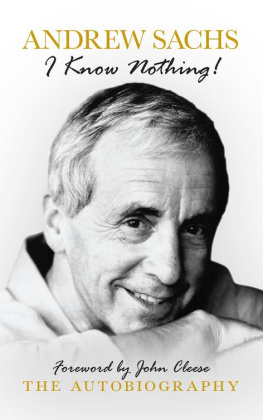
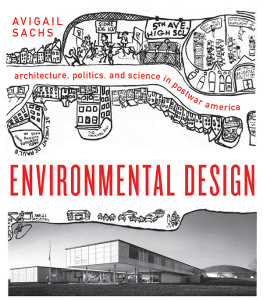
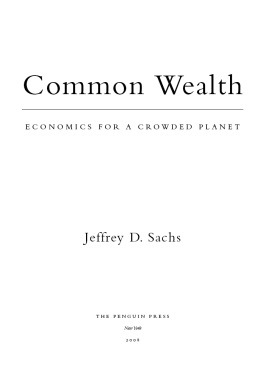

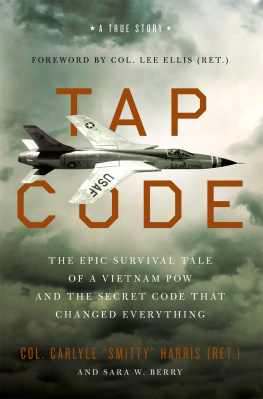
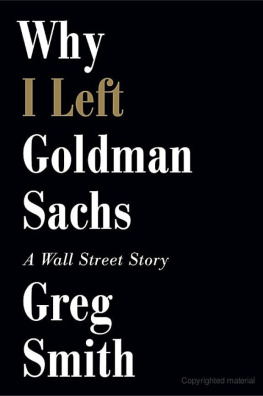
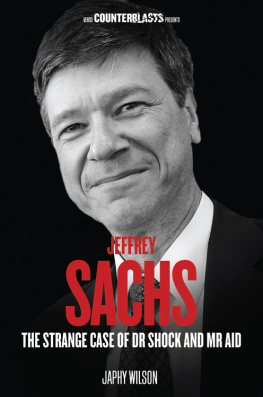

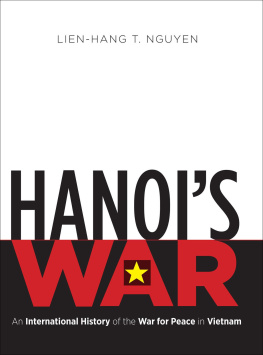


 Not surprisingly, my personal life changed enormously over the next eight years. In 1995, I got married, and in 1997, I had a baby. I no longer had the luxury to take off by myself for Vietnam. Id like to say that it didnt matter, that, over the course of those years, my passion for the place had finally waned. But it hadnt. I still wrote about Vietnam. Read about Vietnam. I still dreamed about it. Regularly.
Not surprisingly, my personal life changed enormously over the next eight years. In 1995, I got married, and in 1997, I had a baby. I no longer had the luxury to take off by myself for Vietnam. Id like to say that it didnt matter, that, over the course of those years, my passion for the place had finally waned. But it hadnt. I still wrote about Vietnam. Read about Vietnam. I still dreamed about it. Regularly.